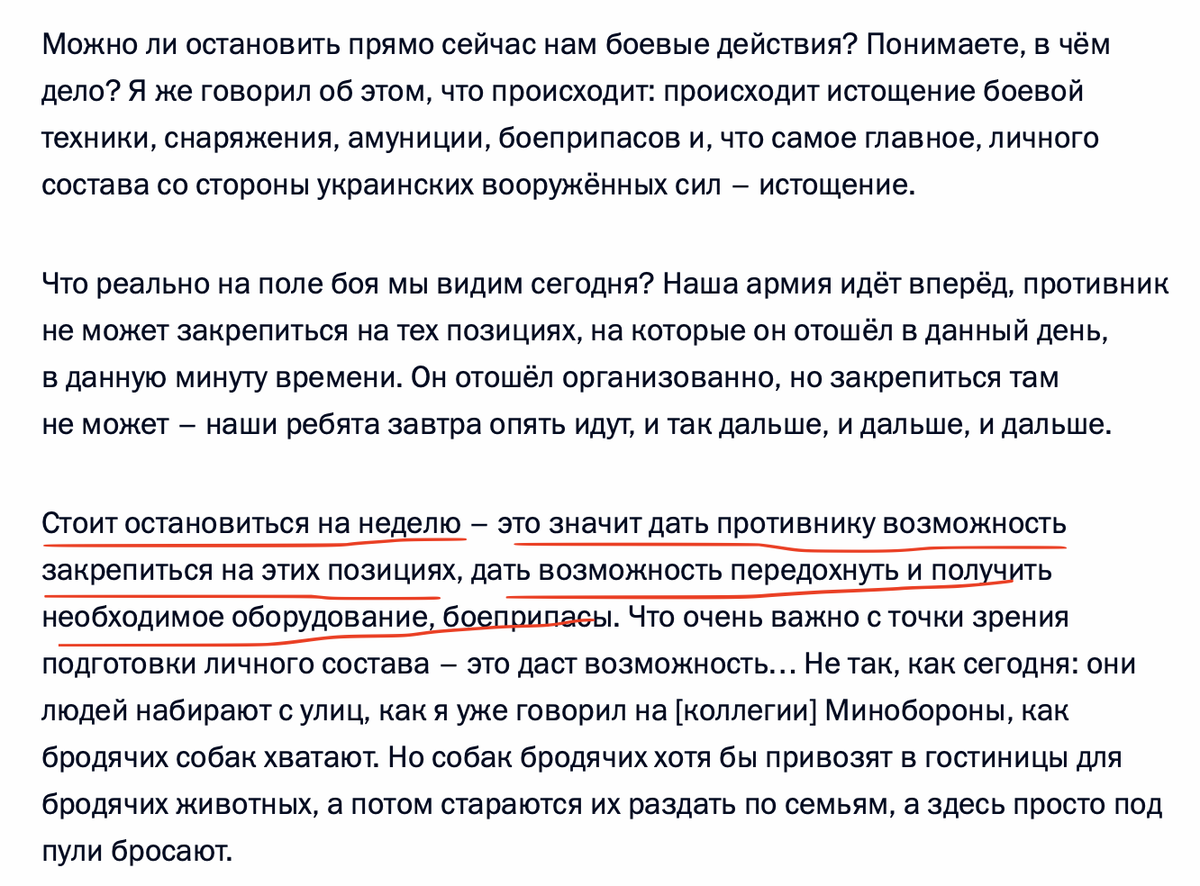
Historian of the Cold War and after. Wilson E. Schmidt Distinguished Professor @KissingerCenter @SAISHopkins. Now on Substack https://t.co/loAavCmK89
28 subscribers
How to get URL link on X (Twitter) App



https://twitter.com/maxseddon/status/1978875389490434077For Putin, a trip to Budapest is a finger in the EU's eye. Here he is, a criminal wanted by the ICC (Hungary btw is still a member of the ICC despite voting to withdraw), kicking Europe's door open with his boot. It'll be something else.
https://twitter.com/WhiteHouse/status/1970564074850123952As long as the Europeans are willing to purchase US weapons for Ukraine, he is willing to sell them. That's good. But the financial burden will fall on Europe, and Ukraine for its part will have to come up with the necessary manpower.


 In other words, Putin understands history-writing as a nation-building exercise. His history is by necessity propagandistic. History that is not, as he describes it, "patriotic" is automatically suspect as a probable foreign imposition.
In other words, Putin understands history-writing as a nation-building exercise. His history is by necessity propagandistic. History that is not, as he describes it, "patriotic" is automatically suspect as a probable foreign imposition.









 On the other hand, here he talks about a "lengthy ceasefire period," implying perhaps that a "shorter" ceasefire would not have the same effect.
On the other hand, here he talks about a "lengthy ceasefire period," implying perhaps that a "shorter" ceasefire would not have the same effect. 



 This obviously implies the seriousness of intent. Ushakov mentioned, before the talks began, that "the main thing is to begin a real normalization of relations between us and Washington," . Ukraine is a means to this end.
This obviously implies the seriousness of intent. Ushakov mentioned, before the talks began, that "the main thing is to begin a real normalization of relations between us and Washington," . Ukraine is a means to this end.https://x.com/MoscowTimes/status/1891579624850682038